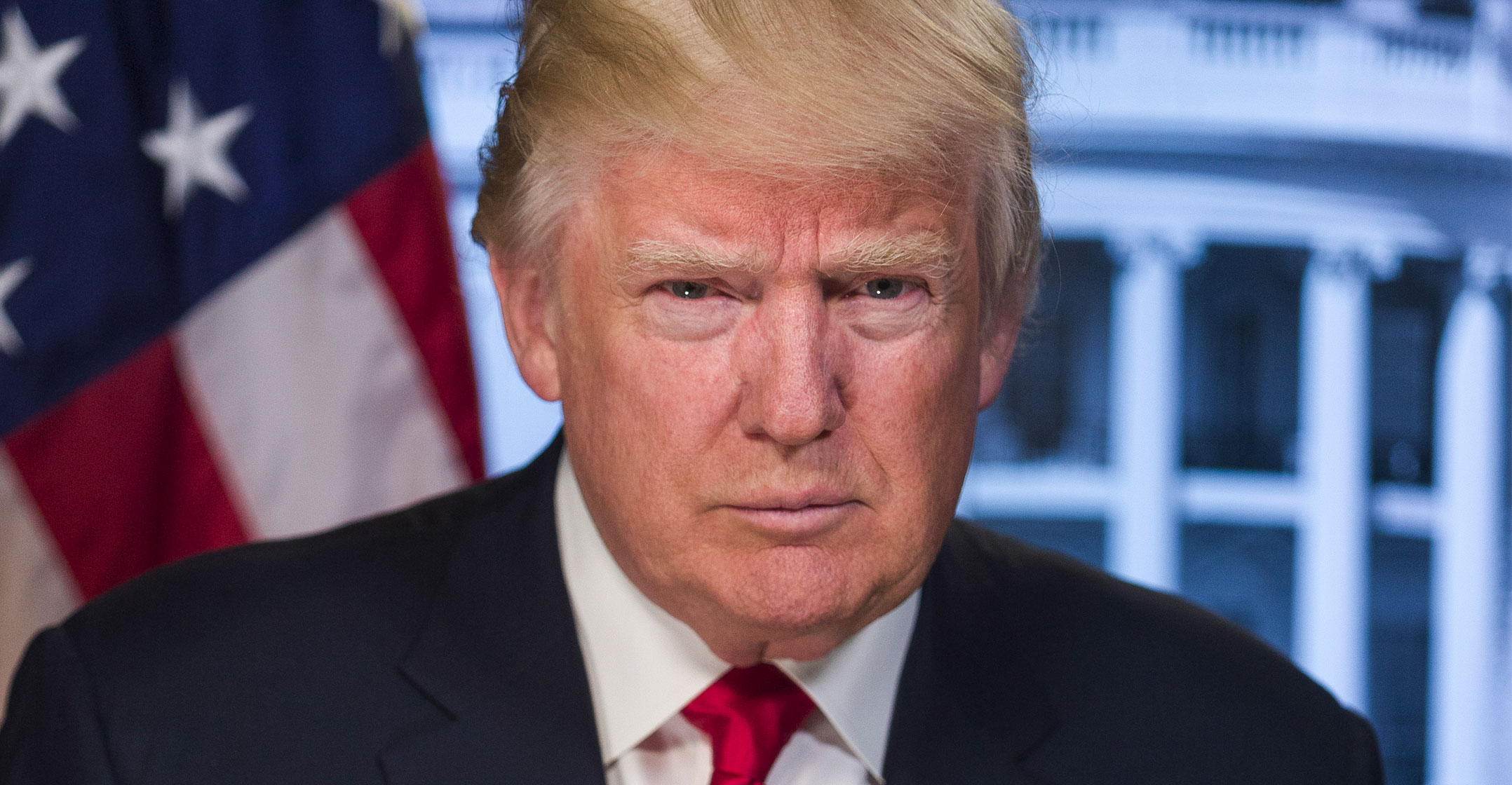
Broadcom’s hostile takeover attempt of Qualcomm could pose a national security risk because of Qualcomm’s leadership in developing critical semiconductor technology, according to the US treasury department, setting up a potentially insurmountable hurdle to getting a deal done.
Qualcomm’s sale to Singapore-based Broadcom could hurt the chip maker’s competitiveness by reducing research and development, which would threaten US security, treasury said in a 5 March letter released by Qualcomm on Tuesday. Harm to Qualcomm’s innovation would allow China to expand its influence in key wireless technology, the government said.
The US “has identified potential national security concerns that warrant a full investigation of the proposed transaction”, treasury said. “Articulation of the potential national security concerns, in significant part, is classified.”
Qualcomm on Monday postponed a shareholder vote on Broadcom’s nominees for Qualcomm’s board after the committee on foreign investment in the US, which treasury leads, ordered a delay to review the deal. Broadcom is on track to win all six of the seats it’s seeking, giving it a majority of the board to push ahead with its hostile $117bn bid.
The government’s scrutiny of the proposed combination of the two chip makers threatens to derail what would be the biggest transaction in the history of technology. It lends weight to Qualcomm’s argument that the hostile bid would struggle to get regulatory sign-off.
The investigation by CFIUS, which considers national security risks to foreign acquisitions of US companies, came after Qualcomm filed a notice with the panel seeking a review. Broadcom blasted the move as a “blatant, desperate act” to entrench its incumbent board of directors.
Broadcom said it’s cooperating with the review by CFIUS.
“There can be no question that an American Broadcom-Qualcomm combination will provide far more resources for investments and development,” Broadcom said in a statement. “Entrusting this effort to a failing Qualcomm management who lack the support of its owners, and that pays out much of its excess cash flow in fines as a result of serial lawbreaking, would not be in America’s long-term interests.”
Trump
Broadcom’s CEO Hock Tan joined US President Donald Trump in the White House last year to announce he was moving Broadcom’s headquarters to the US from Singapore — a move that appeared designed to appease US officials and facilitate future acquisitions.
The US move to suspend the shareholder vote pending the security review is the most high-profile example yet of the Trump administration’s national security concerns about foreign purchases of American technology firms.
Several proposed takeovers by overseas investors have fallen apart over the last year after failing to resolve the concerns. Washington has long been wary of acquisitions of sensitive technology, particularly by Chinese buyers, but scrutiny has intensified under Trump, according to lawyers who work on such deals. Since Trump took office last year, at least half a dozen foreign acquisitions of American technology firms have been scuttled in the face of national security concerns raised by CFIUS.

CFIUS, led by treasury secretary Steven Mnuchin, has become more demanding under Trump, according to Brian Fleming, a lawyer at Miller & Chevalier Chartered in Washington, who previously worked in the US justice department’s national security division.
“The risk tolerance has been lowered significantly in the current administration,” Fleming said. “Whereas it may have been the case in the previous administration that certain risks could be tolerated and perhaps addressed through mitigation, those risks are not as well tolerated anymore, and it is a higher bar you have to clear.”
CFIUS can approve or propose changes to deals, but only the president can block a transaction on national security grounds. Trump signed an executive order blocking the sale of Lattice Semiconductor to a Chinese-backed investor in September. The panel doesn’t confirm or comment on its work.
In its letter, treasury heaped praise on Qualcomm for having “led the mobile revolution in digital communications technologies”. The government said it fears an acquisition by Broadcom could threaten Qualcomm’s competitiveness. The debt Broadcom would need to finance the deal would increase pressure to earn short-term profits at the expense of spending on research and development, according to the letter.
If Qualcomm’s position is weakened, treasury said, Chinese companies like Huawei Technologies would gain an opening to become dominant. Huawei has long been seen by the US as a security threat.
Treasury also cited Qualcomm’s contracts with US government agencies with national security responsibilities. Qualcomm has “active sole source classified prime contracts” with the Pentagon, according to the letter.
“Qualcomm’s partnership with the US government encompasses efforts to address cybersecurity in the next generation of wireless, 5G and the Internet of things,” treasury said. “Limitation or cessation of supply of Qualcomm products or services to the US government could have a detrimental impact on national security.” — Reported by David McLaughlin, (c) 2018 Bloomberg LP




